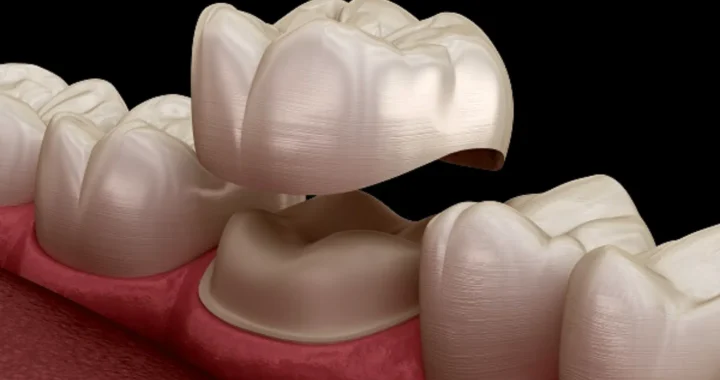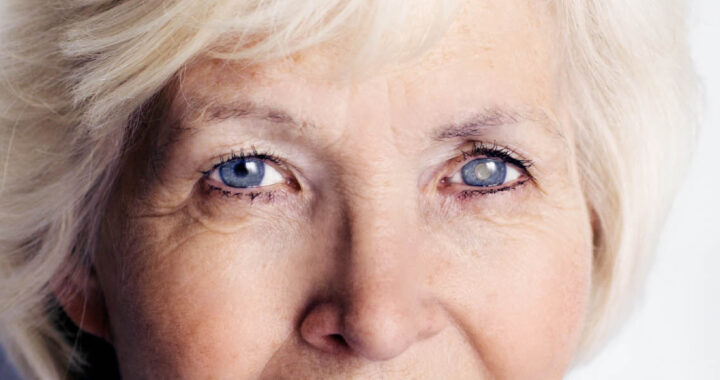Menopause: What to Expect
Women frequently hear about the “change of life” from a young age. They witness their moms and grandmothers experiencing the symptoms. Menopause is portrayed in the media as one of the worst things that may happen. However, do women genuinely understand what menopause entails?
As you read, you will learn everything there is to know about this phenomenon, including the causes, symptoms, and even some of the diseases and illnesses that may emerge as a result of menopause.
What is Menopause, Exactly?
Menopause is the period in a woman’s life when she no longer has a monthly cycle and hence cannot conceive children. During menopause, the ovaries stop producing estrogen and progesterone. This usually happens between the ages of 45 and 55, while it can happen earlier or later in life for certain women.
It is also critical to understand that this disease is biological rather than medical. Anyone with ovaries and estrogen will experience it, whether naturally or as a result of ovarian removal after surgery. Postmenopausal symptoms often last four to seven years.
Symptoms
Hot flashes are the most typical symptom of this life transition. Though the precise cause of hot flashes is uncertain, they are assumed to be caused by a decrease in estrogen levels. The body’s temperature-regulating system diminishes as estrogen levels fall, resulting in temperature swings and hot flashes. Hot flashes often last two to five minutes and might occur many times each day. This can also cause severe heat and nocturnal sweats.
Weight gain is another typical symptom. When your body’s hormones alter, your hunger and metabolism might also shift. This may cause you to eat more. You may also start to feel sluggish, which causes you to stay inactive, giving calories less of a chance to burn off.
Mood fluctuations, vaginal dryness, and heart palpitations are also common in women. Aside from bodily symptoms, there are also psychological ones. Because menopause is such a significant transition, some women have experienced an increase in anxiety and despair.
If any of these symptoms seem to affect you, it is essential to consult your doctor to establish that you are in menopause. They can also assist you if your symptoms worse over time.
Menopause-Related Health Conditions
It has been established that women who have gone through menopause are more likely to have the following:
UTIs
Menopause alters your immune system, making you more susceptible to common bacterial diseases such as urinary tract infections (UTIs). UTIs begins in the urethra and progress to the remainder of the urinary system, primarily the bladder. A burning feeling when urinating, muscular pains, and chills are common symptoms.
You can reduce your risk of UTIs after menopause by using Utiva Health’s daily UTI supplements. These natural tablets protect your body from dangerous microorganisms by using a cranberry-based composition. Utiva Health is currently recommended by over 7,000 clinicians in North America!
Cardiovascular Disease
Estrogen levels reduce after menopause, which can lead to an increase in LDL cholesterol and a decrease in HDL cholesterol. Because estrogen aids in the flexibility of blood vessels, without it, blood vessels may become tiny and stiff, making blood flow more difficult. Furthermore, menopause can cause weight and fat distribution changes, which may increase the risk of heart disease.
Although heart disease cannot be completely avoided, there are numerous precautions you may take to be healthy. This includes everyday physical activity such as walking or jogging. You may also improve your diet by eating more heart-healthy foods, including vegetables, fruits, and fiber-rich meals.
Osteoporosis
Osteoporosis is characterized by bone deterioration and an increased propensity to fractures. Although osteoporosis can affect both men and women, it is more common in women over the age of 50. Several variables, including hormonal changes and a decrease in bone-building cells, may all play a role in the development of osteoporosis after menopause. Furthermore, lower estrogen levels may aggravate bone mass loss.
While there is no cure for osteoporosis, there are treatments that can help prevent or postpone the disease’s progression. Weight-bearing activity and increased calcium ingestion, as well as medications such as bisphosphonates, are instances of this. If you are worried about the condition of your bones, your doctor can schedule a bone density test for you.
How to Take Care of Yourself During Menopause
Menopause symptoms and side effects are, as you might think, pretty unpleasant. Fortunately, you can make an effort to make those years of transition more comfortable.
For some women, this may include using over-the-counter drugs like hormone replacement therapy. Other women see their doctors obtain prescriptions for depression and anxiety medications in order to relieve some of the strain they are experiencing. Melatonin can be taken before bed if your sleep routine is interrupted due to symptoms.
Trying to stay cool is the best way to deal with hot flashes and perspiration. Wearing lighter and more breathable textiles, such as cotton, even when it is freezing outdoors, is one example. You can also use fans more frequently, especially at night if you suffer from night sweats.
Another excellent option is to change your way of living. As previously discussed, food and exercise can alter how your body reacts to specific risk factors. Because menopause can cause weight gain, being active can help maintain your body toned.
If you have any other concerns, speak with your doctor immediately away so that you can design a strategy that is best for your body and its requirements.
Conclusion
Menopause may appear to be a difficult time for a woman, but it is a natural part of her life. Every other woman in your life has been through it and survived; you can, too. You may reduce your odds of having a rough time or dealing with severe symptoms by taking some action.
Utiva Health would want to become a part of your everyday routine. Their objective is to promote the urinary system health of all people, including postmenopausal women. They make medications for overactive bladder symptoms in addition to UTI medicines. Visit www.utivahealth.com to discover more about how they may assist you. You may discover how many other clients are pleased with their job.


 Veneers: A Popular Cosmetic Solution for a Beautiful Smile in London
Veneers: A Popular Cosmetic Solution for a Beautiful Smile in London  Gifted Educational Programs
Gifted Educational Programs  Innovations in Health Screenings: Exploring the Latest Technologies in Clinic Services
Innovations in Health Screenings: Exploring the Latest Technologies in Clinic Services  Dental Crowns –Restoring Strength, Function, And Aesthetics.
Dental Crowns –Restoring Strength, Function, And Aesthetics.  One-Person Wonder: Making Waves in the Massage Industry in Gunma
One-Person Wonder: Making Waves in the Massage Industry in Gunma  How Cataract Surgery in Nashville Improves Vision and Quality of Life
How Cataract Surgery in Nashville Improves Vision and Quality of Life